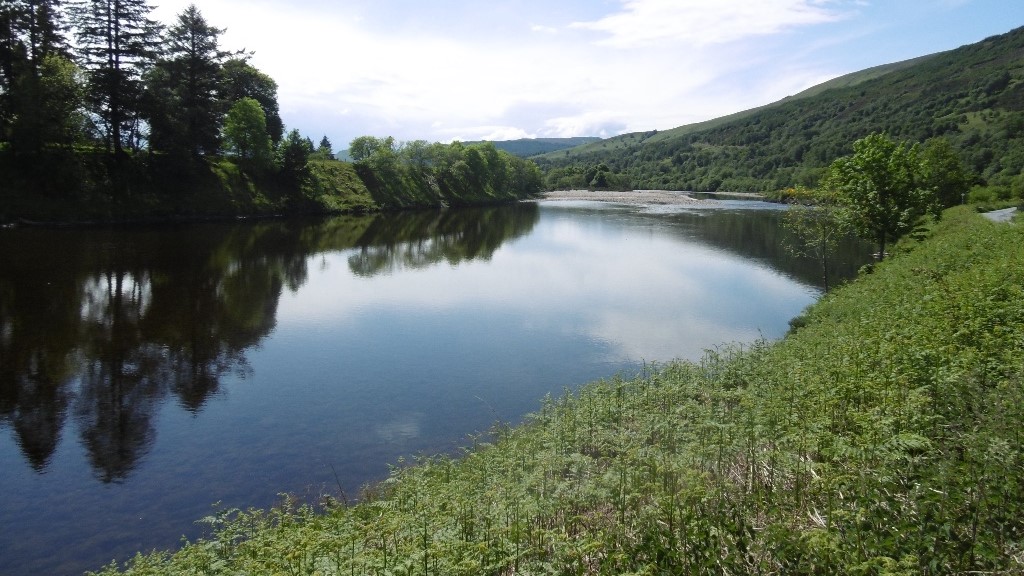Rivers in Scotland’s west and northwest could be the most sensitive to climate change and should be monitored more closely, according to a new study by scientists at The James Hutton Institute and the University of Aberdeen.
The researchers found that while river temperatures across Scotland will rise, the historically cooler rivers in the west and northwest could be on a trajectory to undergo stronger warming compared to other rivers in the country. This could see them reaching levels similar to already warmer rivers in southern Scotland, with potentially detrimental implications for industry, water quality and wildlife.
“Scotland has more than 125,000 km of rivers and streams and these support huge ecosystems, as well as providing water to supporting industries like whisky production and salmon,” says Eva Loerke, who led the research alongside colleagues from the Hutton and the University of Aberdeen.
“Rising stream and river temperatures have several implications. These include impacts on water quality, which has knock-on impacts on the life in our rivers. Several industries, including distillers, also rely on access to cool water for their operations.
“By having a better understanding of those rivers that are more at risk, we can do more now to protect them in the future. This could be by increasing tree and vegetation planting around river edges, to keep them cooler, or by installing nature-based solutions, such as log jams, to create cooler refuges.”
The study used historical monthly water temperature data from 45 catchments, covering 43% of Scotland, to create detailed daily water temperature models. These data, dating back to 1960, were then used alongside the latest climate projections to predict how temperature would change in the future out to 2080.
It showed that Scotland’s streams have generally been increasing in temperature by a maximum of 0.6°C per decade. It also suggested that temperature rises might be higher and earlier, at up to 4°C, by 2051-2080, for those Scottish rivers experiencing the highest warming, compared to previous studies, using earlier climate scenarios, which suggested mean annual UK river water temperature could rise between 1 °C to 3.6 °C by 2071–2100.
The modelling work by the team, published in the journal, Science of The Total Environment, could also be used to help model other rivers, down to smaller tributaries. This would mean more of Scotland’s waterways could be assessed for the risk of warming water and then measures taken, such increasing vegetation on riverbanks that provide shade to help cool the waters.
Future work to further improve the models would be to look at the impact of changes in tree cover around rivers and potential reduction in snow cover, but also human interference like dams or water pumping.



